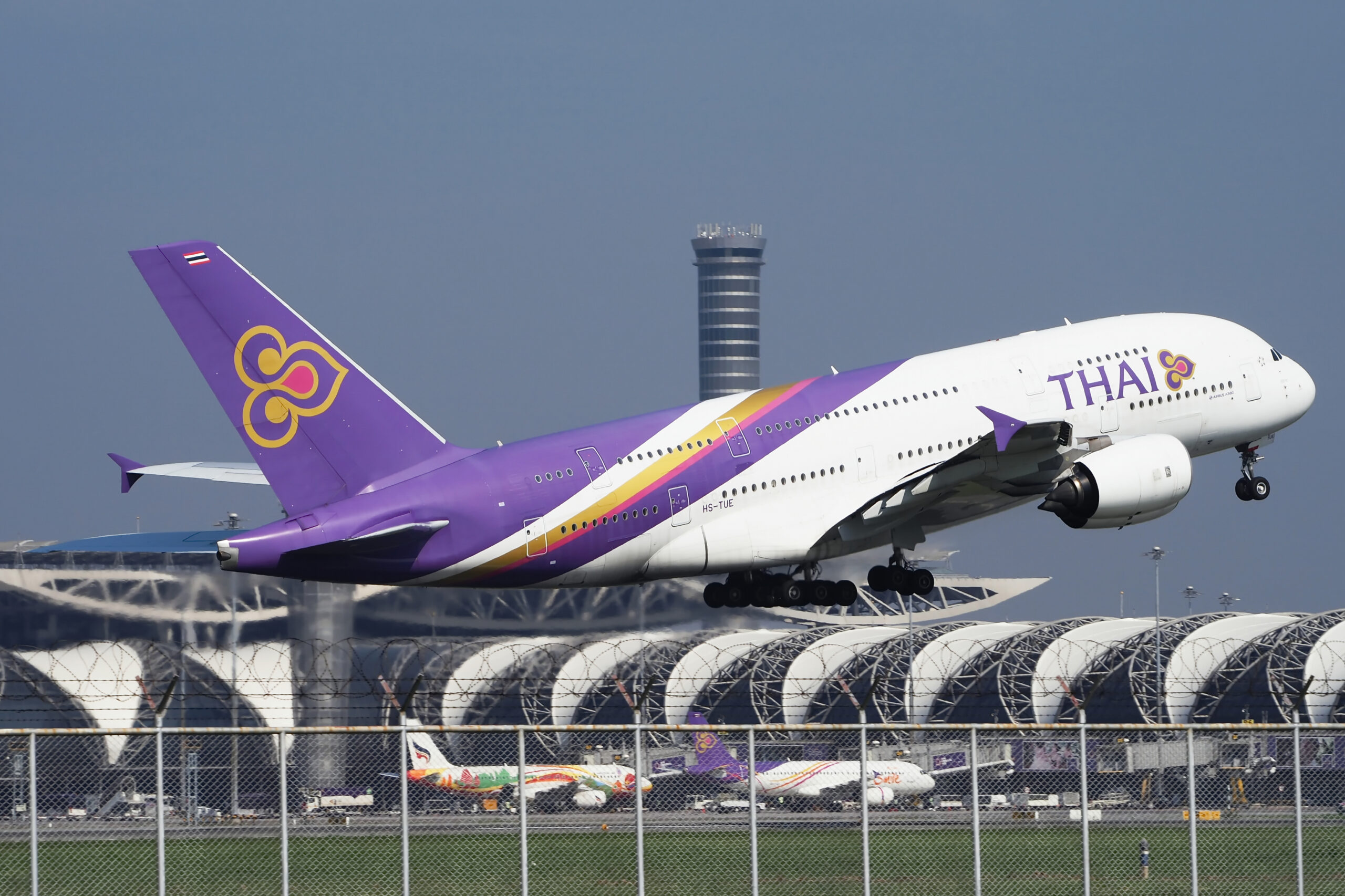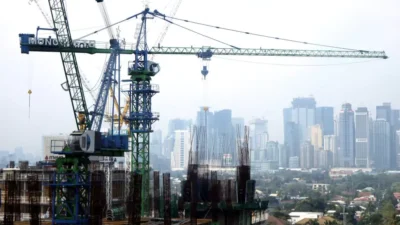Air travel news roundup: Southeast Asian airlines’ big purchase deals as tourism takes off, plus other headlines

For PropertyGuru’s tourism news roundup, we focus on air travel. Southeast Asian airlines are signing big aircraft purchase deals to capture demand as tourists return to the region. Travellers using Hong Kong’s airport will not have to unpack their carry-on luggage as they pass through security with the new smart security screening system. Find out which 16 airports around the world have stress-free security screening.
Southeast Asian airlines sign big aircraft purchase deals as tourists return
Bouncing back from pandemic-era losses, Southeast Asian airlines are signing big aircraft purchase deals to capture demand as tourists return to the region, according to VietnamPlus.
Indonesia’s state airline Garuda has planned to lease eight aircraft this year to expand its fleet to 80 aircraft and increase the frequency of flight routes by the end of this year.
Thai Airways has signed a contract with Boeing and some other aircraft suppliers to buy a total of 45 aircraft.
Philippine Airlines is tripling its investment this year to USD450 million to upgrade and maintain its fleet. The airline also plans to order 22 new aircraft to serve North American routes and other routes.
With the recovery of air travel demand, Southeast Asian airlines are forced to find ways to regain growth.
Travellers at Hong Kong airport will not need to unpack carry-on luggage for security scans from July
Travellers using Hong Kong’s airport will not have to unpack their carry-on luggage as they pass through security with the phased introduction of a new smart security screening system starting next month.
HKFP reports that from July 2, the introduction of three-dimensional and 360-degree CT-based X-ray scanning technology will mean that passengers using the new smart channels need not remove their laptops or liquids from their bags, as they are currently required to do, the Airport Authority Hong Kong announced on 26th June. Trays come with built-in sterilisation and will automatically be recirculated to passengers waiting to clear security.
Additionally, a new full-body scanner will replace a search using a hand-held metal detector for anyone who fails to clear the archway metal detector.
The new security scanning system will make Hong Kong’s airport the first in the world to operate smart screening channels throughout the airport, according to the Airport Authority.
No need to remove liquids and laptops: 16 airports with stress-free security screening
There are many perks of flying but security screening isn’t one of them. It’s a real cortisol spike: The clattering of trays, the beeping of metal detectors, and the frantic disrobing while rummaging through your hand luggage.
Fortunately, part of this dreaded routine is about to change. Starting the first week of July, Hong Kong Airport will allow passengers to keep liquids and electronics in their hand luggage during security screening.
This is monumental, considering that removing these items has been the norm since 2006. Liquids have been under strict scrutiny since a terrorist plot involving chemical explosives was thwarted that year. Because most scanners couldn’t detect liquids with our electronics in the way, those laptops, tablets, and e-readers also had to be removed – until now.
Hong Kong is not the first airport to implement this change. Since 2015, airports worldwide have been replacing outdated scanning systems with advanced computerised tomography (CT) X-ray machines.
CNA lists 16 airports around the world that have already deployed CT scanners in their international terminals.
The Property Report editors wrote this article. For more information, email: [email protected].
Recommended
Why Asia’s mixed-use developments are the future of real estate
Dynamic integrated communities are fusing real estate with commercial, leisure, and other amenities
Transforming cities worldwide: Surbana Jurong’s vision for the future
Surbana Jurong excels in master planning, infrastructure, and urban development
Inside Asia’s commercial real estate: The cities thriving and those facing tough times
Shifting consumer preferences, and fluctuating economic policies mean commercial real estate investors in Asia must remain agile
Why young Asians are choosing singlehood and reshaping real estate trends
Marriage is out, and singlehood is in as young Asians subvert convention to explore alternative paths in real estate








